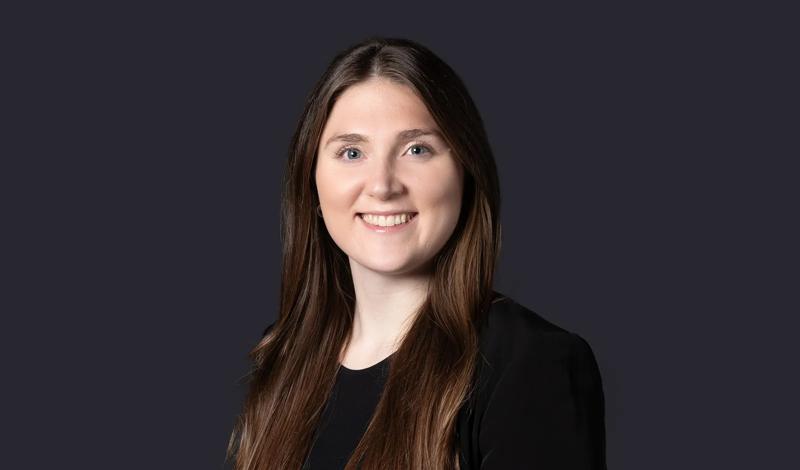Our advertising and marketing team read the Advertising Standard Authority's (ASA) rulings every week and each month select the ones we think you need to know about and of course, one for fun.
AI simulation of footballer still breached the gambling rules
A social media post containing an AI simulation of a well-known footballer was investigated by the ASA under the rule which prohibits including people or characters who have strong appeal to under 18s.
The gambling operator argued that the post was editorial, so before the ASA could assess whether the rules were breached, it needed to decide whether the post was in its remit. Although the operator argued that the post didn’t contain any odds, inducements, calls to action, product references, or links to its website, the ASA considered given the post appeared in non-paid-for space online under its control, that it was directly connected with the supply of betting services.
The ASA also took into account that the operator offered bets on football matches, and the post included the company’s logo throughout, “18+” and “BeGambleAware” messaging and the purpose of the post was to promote the brand through creating a video in the hope of it going viral.
On the basis the post was an ad the ASA assessed the likely appeal of Trent Alexander-Arnold to those under 18 and ruled that as a ‘star’ player, who also played for the England national football team he would have strong appeal to those under 18. The fact that the image was AI generated didn’t stop the ad being in breach because the rule includes “characters” in addition to people.
Health claims in ads must be authorised and cannot exaggerate
Ads containing health claims for food and food supplements have to be authorised and listed on the GB NHC register. The Ad Codes (and underlying law) do not permit “health claims that refer to the recommendation of an individual health professional”.
A social media post which included a doctor making health claims regarding Vitamin D was ruled in breach because some of the claims the doctor made were unauthorised (e.g. “improves […] mental clarity”, “enhances energy levels”) and some whilst based on authorised claims, had been amended in a manner which caused the claim to be exaggerated (e.g. “boosts bone health” went further than “contributes to the maintenance of normal bones”.
The MHRA does not endorse electronic cigarettes
Advertisements cannot include claims would lead the consumer to believe a product has been approved by a specific regulator or that is has been approved, endorsed or authorised by a public body when this is not the case.
A webpage promoting e-cigarette e-liquid refills claimed “all of our e-liquids have been rigorously tested by the MHRA…” which was ruled misleading on the basis that the Medicines & Healthcare products Regulatory Agency (MHRA) had not and does not carry out such testing. The ASA noted the company had simply notified the MHRA of the product as per its legal obligation and considered that the links to the MHRA's official website added to the impression that the product was endorsed by the MHRA.
Absolute claims must be factually accurate
An ad for an online game styled as Blackjack was advertised as “No purchases”. This was ruled misleading because the game contained in-game purchases, including random item purchasing. The ASA clarified that the fact that the game could be played without making a purchase was not the same as there being no purchasing mechanism at all.
The ASA referenced CAP Guidance which states that the presence of in-game purchasing, and particularly random-item purchasing, is material to a consumer’s decision whether or not to purchase or download a game, especially when it comes to consumers with specific vulnerabilities who may be expressly seeking to avoid games where purchasing is an option.
BBC complaint against misleading country of origin claims upheld
An investigation following a complaint from the BBC concluded that the website for Marble Muse was misleading because it quoted prices for advertised products and omitted the identity and geographical address of the marketer.
The ASA has flagged this ruling as part of its work against “dropshipping” websites (the practice of advertising products that aren’t stocked and then delivering cheap products from third party overseas sellers). There’s more information on the ASA activities in this area.
And finally, one for fun: Misleading Michelin-star meal kits?
When is a claim that a Michelin starred chef curated a meal kits menu misleading? When a Michelin starred chef didn’t curate the menu.
The ASA rejected the advertiser’s argument that the claim was accurate because if reflected the calibre of the chefs they worked with. Michelin stars are awarded to restaurants not chefs and whilst “Michelin starred chef” was colloquially used, the ASA considered that consumers would generally understand the term to mean that the chef in charge of a restaurant had been chiefly responsible for the award of one or more Michelin stars which the ASA did not consider was the case here.

ASA monthly insights series
Our advertising and marketing team read the ASA's rulings every week and each month select the ones we think you need to know about and of course, one for fun.
View all articlesContact

Katharine Mason
Principal Associate
katharine.mason@brownejacobson.com
+44 (0)330 045 1382










































